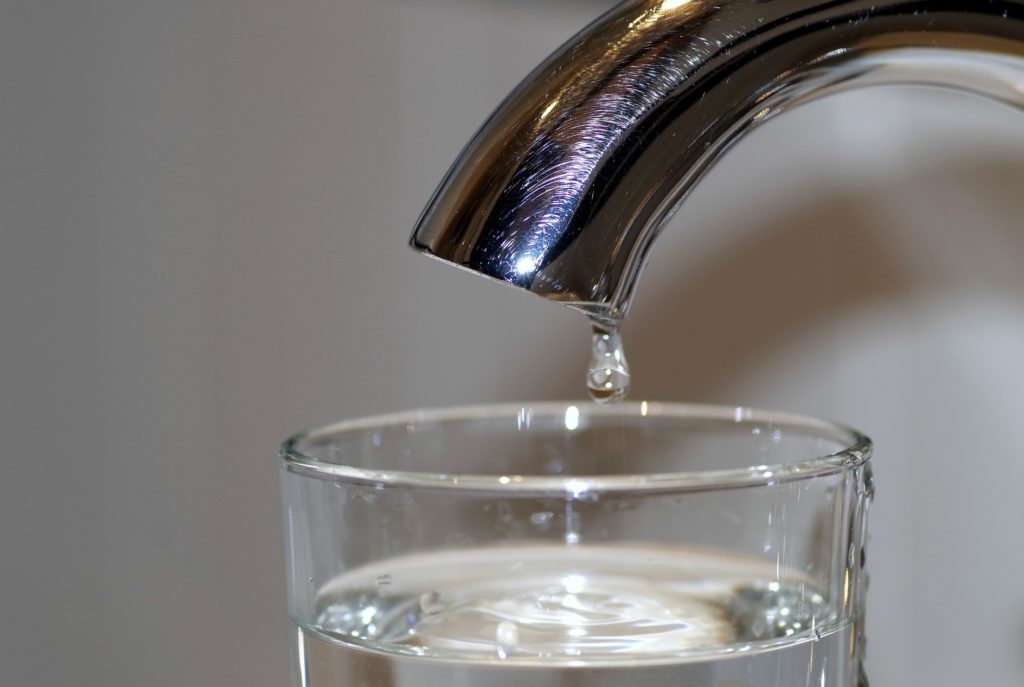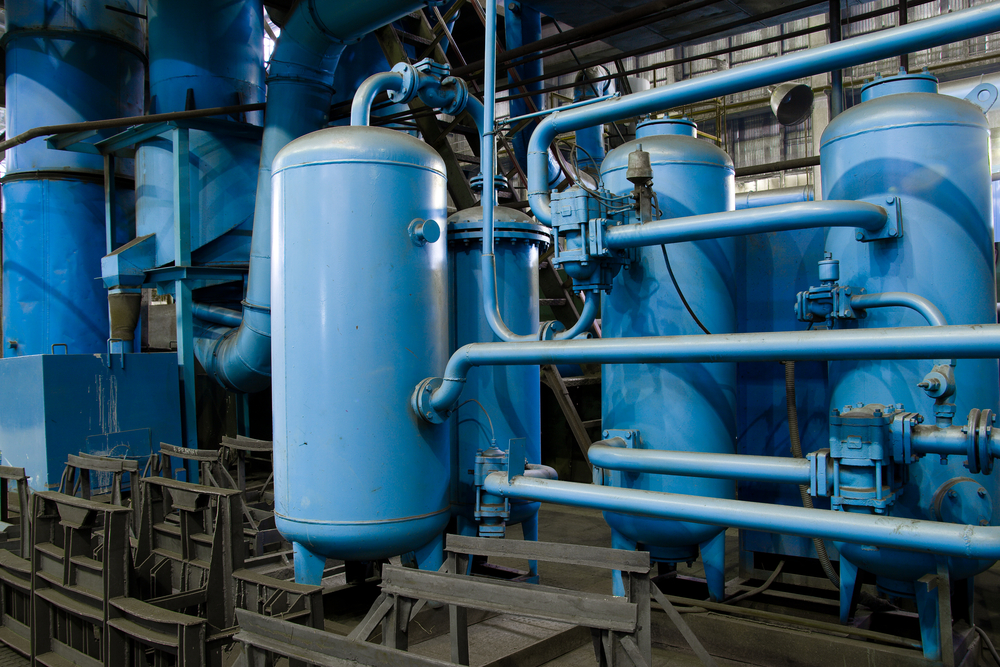Trusted Strategies for Dealing with Low Water Pressure in Your Home
Trusted Strategies for Dealing with Low Water Pressure in Your Home
Blog Article
What are your opinions regarding Low Water Pressure in the House??

Low tide pressure in your home can be a frustrating trouble, influencing whatever from showering to cleaning dishes. If you're experiencing weak water circulation, there are numerous feasible causes and options to explore. In this overview, we'll review typical factors for low water stress and sensible steps to resolve the problem efficiently.
Intro to Low Tide Stress
Low water stress happens when the flow of water from your taps, showers, and various other fixtures is weaker than normal. This can make everyday tasks more challenging and less effective. Recognizing the causes of low water pressure is important to discovering the ideal option.
Typical Reasons For Low Water Pressure
Faulty Pressure Regulatory Authorities
Stress regulatory authorities are in charge of preserving constant water stress in your home. If they malfunction, it can result in low tide stress or unequal flow throughout your house.
Local Supply Of Water Issues
Often, the problem exists outside your home. Local water supply concerns, such as main line leakages or maintenance work, can briefly reduce water stress in your area.
Pipeline Obstructions
In time, pipelines can end up being obstructed with mineral deposits, sediment, or particles, restricting the circulation of water. This is a common problem in older homes with galvanized steel pipes.
Corrosion
Rust within pipelines can cause leaks and decreased water stress. Corrosion accumulation can restrict water flow, especially in aging plumbing systems.
How to Identify Low Tide Stress
Examining Pipes
Check visible pipes for signs of leaks, corrosion, or blockages. Take note of any type of unusual sounds, such as knocking or rattling pipelines, which can show problems within the plumbing system.
Consulting with a Plumber
If you're not able to identify the root cause of low tide stress, think about hiring a professional plumber to carry out a complete evaluation. They can recognize underlying problems and recommend proper solutions.
Examining Faucets and Components
Start by testing the water stress at various taps and components throughout your home. If the problem is isolated to particular areas, it might indicate local troubles.
DIY Solutions to Repair Low Water Stress
Flushing Hot Water Heater
Sediment build-up in the hot water heater can restrict circulation and reduce performance. Flushing the tank occasionally assists get rid of sediment and keep ideal performance.
Checking Pressure Regulatory Authority
Guarantee that the pressure regulatory authority is working appropriately. Readjusting or changing the regulatory authority can aid recover correct water stress throughout your home.
Cleaning Up Aerators and Showerheads
Mineral deposits can accumulate in aerators and showerheads, reducing water circulation. Get rid of and cleanse these elements on a regular basis to enhance water pressure.
Clearing Up Clogs in Water Lines
For small blockages, attempt utilizing a plumbing snake or chemical drainpipe cleaner to clear obstructions in pipelines. Be cautious when making use of chemicals and follow safety and security standards.
When to Call a Professional Plumber
If do it yourself initiatives fall short to settle the concern or if you believe significant plumbing troubles, it's best to seek support from a certified plumber. They have the expertise and devices to resolve intricate problems safely and effectively.
Safety Nets to Keep Water Pressure
Mounting a Pressure Booster
Consider mounting a pressure booster pump to enhance water stress in areas with constantly reduced flow. This can be specifically useful for multi-story homes or properties with high-demand components.
Tracking Water Usage
Be mindful of water use habits and avoid overtaxing the plumbing system. Basic adjustments, such as staggering showers and laundry lots, can assist maintain adequate water stress.
Regular Upkeep
Schedule routine maintenance for your plumbing system to stop concerns such as corrosion, leaks, and clogs. Attending to minor troubles early can assist avoid even more substantial repairs later.
Final thought
Handling low water stress can be irritating, however determining the underlying causes and carrying out ideal services can recover ideal flow throughout your home. Whether it's cleansing aerators, examining pipelines, or talking to a plumber, taking proactive actions can make sure a steady supply of water for your daily demands.
How to Fix Low Water Pressure In Your Home
Municipal Water Supply Issues
Scheduled maintenance, high demand, and water main breaks are all potential causes for low water pressure within a city or county’s water lines. While there’s not much you can do to personally fix a problem with your city or county’s water supply system, you can play a big role in documenting the issue and alerting those who can.
How to fix it:
Ask your neighbors if they are experiencing any issues with low water pressure. If multiple homes are affected, it’s likely related to the city’s water line. Contact the local Water Authority to see if there is any maintenance taking place that might be affecting your supply. Also let them know of your specific issues. If other homeowners report the same issues, they’ll know that there could be a larger issue to look into. Faulty Fixtures
A damaged or clogged shower head, faucet or appliance is the first thing we’d suggest checking, especially if low water pressure appears to be isolated to a specific area of your home.
How to fix it:
First, turn off the main water supply to your home. Check the affected appliances for build-up or debris. In the case of a faucet, you can simply unscrew the aerator at the tip of the faucet. Showerheads should be fully detached from the water pipe. While the appliances are detached, you may want to check the water supply to determine if the fixtures were in fact the issue. To clean, soak the showerhead or aerator in vinegar and brush off any visible debris. Reattach the fixtures and check the water pressure again. If it is still low, there is likely a deeper issue at hand, which can be determined by a professional plumber. Pipe Obstructions
Mineral deposits, rust or other debris within water pipes can lead to blockages or corrosion over time.
How to fix it:
When you think of a clog, you probably think of a drain clog. While there are many DIY solutions to clearing a drain, clogs in a water pipe will almost always require the help of a professional plumber. A plumber will be able to locate the affected pipe and clean out any debris or mineral deposit buildup. In severe cases, the pipe may need to be replaced. Your plumber might also recommend a water softening system to remove the minerals from your home’s water supply that can contribute to pipe blockages over time.
Plumbing Leak
Undetected water line leaks can divert water away from your residential pipes, reducing the water pressure in your fixtures.
How to fix it:
Check your water meter by turning off all water sources and monitoring the meter for any movement, which could be a clear indicator of a potential leak. Check all visible pipes for signs of leaking, including water stains, active dripping or damp spots around the pipe. Inspect fixtures, including faucets and showerheads, for any drips. Test the pressure but recording the pressure with the main water valve shut off. Leave off for a few hours and test again. A significant drop in pressure is a clear sign of a leak. https://kiddcoplumbing.com/plumbing-blog/how-to-fix-low-water-pressure/

I stumbled upon that article about Dealing with Low Water Pressure in Your Home when exploring the search engines. Sharing is nice. One never knows, you may be helping someone out. I treasure reading our article about Low Water Pressure in the House?.
Request Appointment Report this page